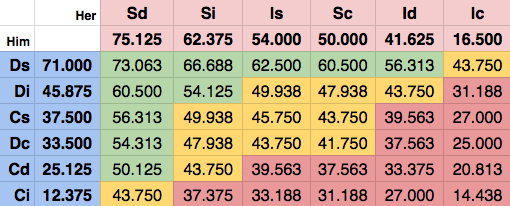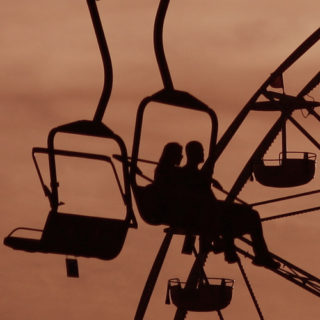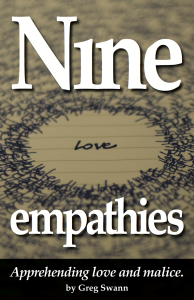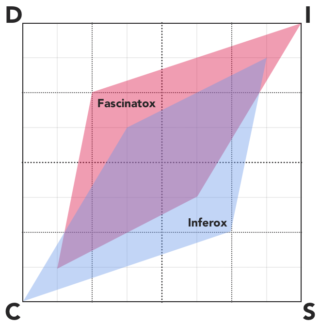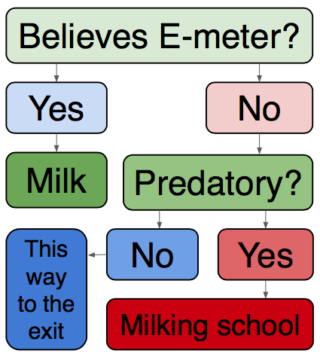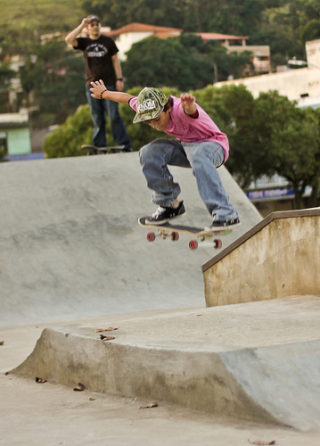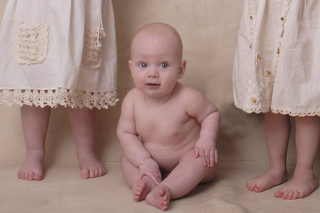
“Why, yes, I am working you. How’d you guess?”Photo by: Mysudbury.ca Ouisudbury.ca
Children are awake – persistently volitionally self-conscious of abstract conceptual self-consciousness – and hence are adults in every way but accrued experience and sexual maturation.
Younger kids are not awake, and the bright-line division between Toddler and Child is the blinding epiphany that is the birth of consciousness of the self as an abstract idea – as a distinguishable self-referencing concept whose processes and progress can be thought about, remembered, anticipated, planned, dreamed about or dreaded.
So far, I have not seen anything that I would swear is evidence of DISC in Infants. But it shows up bright and clear in Babies, both the cultivation of DISC behaviors by the kid’s grown-ups and the kid’s own steadily-more-practiced propitiation – shaling – of the rewards consequent upon exhibiting that behavior.
Empathy is predictive behavioral modeling: I’m trying to figure out what the other guy is going to do next, so I can figure out what I might do in response. The habituated behaviors you exhibit to your kid are the gradually-more-reliable proxy signals he uses to identify and deliver back to you the behavior he thinks you’re eliciting.
When a Baby works out just this much – how to respond to you appropriately – the smile and giggle loops amplify charmingly. Toddlers toddle, but the birth of participation is here, when Babies start giving back in reliable ping-ponging interactions.
What we have at this point is proto-DISC: The Baby has worked out a reliable empathy strategy for getting positive attention from his grown-ups. (Everything we’re talking about works in the inverse, too, in abusive situations, but I want to talk about normal upbringing here.) More than one grown-up – or older kid? More than one strategy. More than one response-seeking game from one or more up-bringers? You do the math.
Babies learn very quickly how to get their emotional needs met by exhibiting reward-propitiating behavior – by campaigning for affection.
That’s DISC, aboriginally, a reward-seeking strategy the (more…)

 I wouldn’t call
I wouldn’t call 




